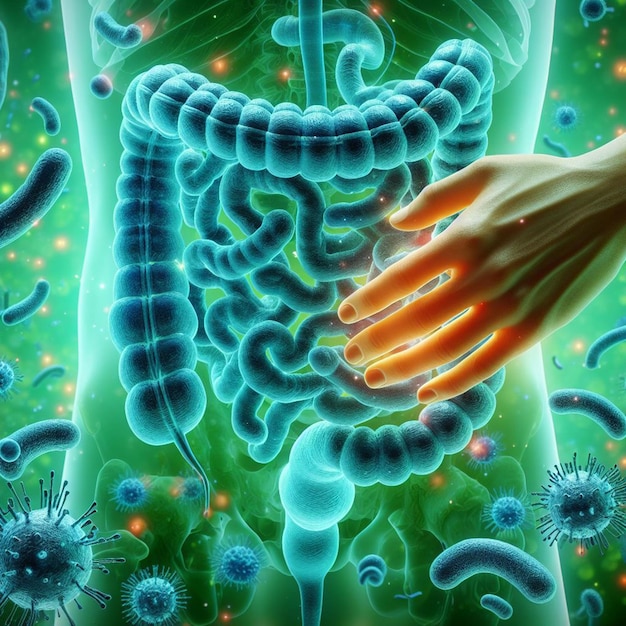Got it, I’ll rephrase the main content of the article to improve its logical flow and readability, using everyday, conversational language. I’ll also ensure the text is free from grammar errors and formatted appropriately for WordPress.
Why Health-Conscious People Are Cutting Back on Alcohol
Many health-conscious individuals are choosing to limit their alcohol intake, not just because of the tendency to act foolishly when drinking too much, but now there’s another compelling reason to consider.
Alcohol Affects Intestinal Flora
Recent research presented at the American College of Gastroenterology’s Annual Scientific Meeting in Washington, D.C., suggests that even moderate alcohol consumption can negatively impact the balance of naturally occurring bacteria in the small intestines.
What is Small Intestinal Bacterial Overgrowth?
Small intestinal bacterial overgrowth (SIBO), also known as small bowel bacterial overgrowth syndrome (SBBOS), is a condition where normally beneficial or harmless intestinal bacteria grow excessively. This can lead to unpleasant symptoms like bloating and nausea, and in more severe cases, frequent vomiting and diarrhea.
Historically, SIBO has been linked to intestinal damage from other bowel diseases and the use of certain antibiotics. Previous studies have also shown a connection between clinical alcoholism and SIBO. However, this recent study is one of the first to explore the effects of moderate alcohol consumption on intestinal bacteria growth.
Even Light Alcohol Consumption May be Detrimental
Using a method called lactulose hydrogen breath testing (LHBT), researchers measured the concentration of bacteria in the bowels of nearly 200 participants. Most of these participants tested positive for small bowel bacterial overgrowth, and about 95 percent of them were light to moderate alcohol drinkers. This suggests that even small amounts of alcohol can significantly impact intestinal bacteria levels.
Medically, “moderate alcohol consumption” is defined as no more than two drinks per day for men and one drink per day for women. A “drink” is typically considered to be 12 ounces of beer, five ounces of wine, or about one and a half ounces of distilled spirits.
While many people enjoy an occasional beer or glass of wine without any issues, these new findings highlight the importance of protecting our intestinal health.
This rephrased content maintains the original information while improving readability and flow, making it more engaging and easier to understand.

